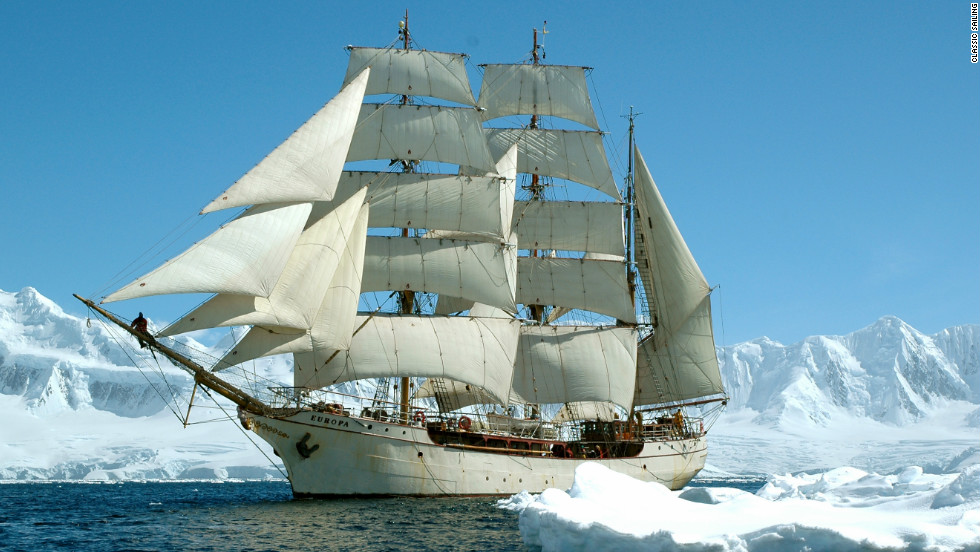Stamp: Wreck of the Endurance (British Antarctic Territory (BAT) 2000)
Wreck of the Endurance (British Antarctic Territory (BAT) 2000)
10 February (British Antarctic Territory (BAT) ) within release Shackleton's Trans-Antarctic Expedition 1914-17 goes into circulation Stamp Wreck of the Endurance face value 35 British penny
| Stamp Wreck of the Endurance in catalogues | |
|---|---|
| Michel: | Mi: GB-AT 298 |
| Stamp Number: | Sn: GB-AT 285 |
| Stanley Gibbons: | Sg: GB-AT 312 |
Stamp is horizontal format.
Sir Ernest Shackleton - Polar Explorer Wreck of the EnduranceAlso in the issue Shackleton's Trans-Antarctic Expedition 1914-17:
- Stamp - Launching the James Caird face value 65;
- Stamp - Ocean Camp On Ice Floe face value 40;
- Stamp - Wreck of the Endurance face value 35;
Stamp Wreck of the Endurance it reflects the thematic directions:
The domestic dog (Canis lupus familiaris or Canis familiaris) is a member of genus Canis (canines) that forms part of the wolf-like canids, and is the most widely abundant carnivore. The dog and the extant gray wolf are sister taxa, with modern wolves not closely related to the wolves that were first domesticated. The dog was the first domesticated species and has been selectively bred over millennia for various behaviors, sensory capabilities, and physical attributes. Their long association with humans has led dogs to be uniquely attuned to human behavior and they are able to thrive on a starch-rich diet that would be inadequate for other canid species. Dogs vary widely in shape, size and colours. Dogs perform many roles for people, such as hunting, herding, pulling loads, protection, assisting police and military, companionship and, more recently, aiding handicapped individuals. This influence on human society has given them the sobriquet "man's best friend".
Exploration is the process of exploring, an activity which has some expectation of discovery. Organised exploration is largely a human activity, but exploratory activity is common to most organisms capable of directed locomotion and the ability to learn, and has been described in, amongst others, social insects foraging behaviour, where feedback from returning individuals affects the activity of other members of the group
A man is an adult male human. Prior to adulthood, a male human is referred to as a boy (a male child or adolescent).
A modern sailing ship or sailship is any large wind-powered vessel. Traditionally a sailing ship (or simply ship) is a sailing vessel that carries three or more masts with square sails on each. Large sailing vessels that are not ship-rigged may be more precisely referred to by their sail rig, such as schooner, barque (also spelled "bark"), brig, barkentine, brigantine or sloop. There are many different types of sailing ships, but they all have certain basic things in common. Every sailing ship has a hull, rigging and at least one mast to hold up the sails that use the wind to power the ship. The crew who sail a ship are called sailors or hands. They take turns to take the watch, the active managers of the ship and her performance for a period. Watches are traditionally four hours long. Some sailing ships use traditional ship's bells to tell the time and regulate the watch system, with the bell being rung once for every half hour into the watch and rung eight times at watch end (a four-hour watch). Ocean journeys by sailing ship can take many months, and a common hazard is becoming becalmed because of lack of wind, or being blown off course by severe storms or winds that do not allow progress in the desired direction. A severe storm could lead to shipwreck, and the loss of all hands. Sailing ships are limited in their maximum size compared to ships with heat engines, so economies of scale are also limited. The heaviest sailing ships (limited to those vessels for which sails were the primary means of propulsion) never exceeded 14,000 tons displacement. Sailing ships are therefore also very limited in the supply capacity of their holds, so they have to plan long voyages carefully to include many stops to take on provisions and, in the days before watermakers, fresh water.




